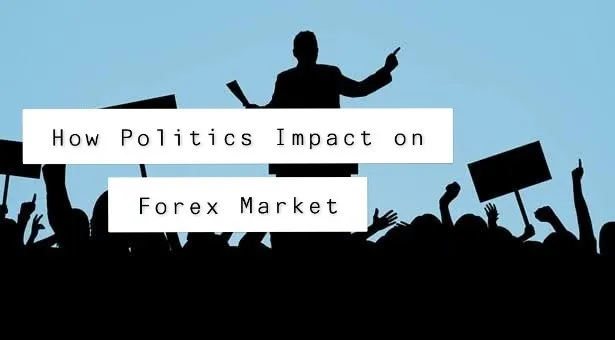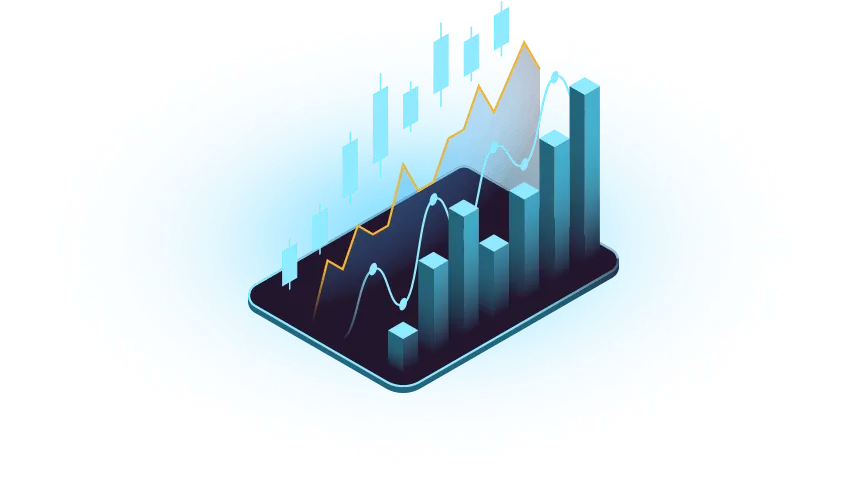The forex market is the world’s largest financial market, with daily trading volumes exceeding $7 trillion. It operates 24/7, driven by economic data, market sentiment, and geopolitical events. Among these factors, political events stand out as significant drivers of currency volatility. Whether it’s an election, policy announcement, or international conflict, political events can dramatically influence the value of currencies. In this blog, we’ll explore how political events impact forex markets, the mechanisms behind these changes, and how traders can navigate such situations effectively.

Understanding the Connection Between Politics and Forex
Forex trading revolves around currency pairs, where the value of one currency is measured against another. Political events often shape the economic policies and global perception of a country’s stability, directly impacting the demand and supply for its currency. Traders closely monitor political developments to anticipate potential currency fluctuations, making this a crucial aspect of forex analysis.
Key Political Events That Influence Forex Markets
1. Elections and Leadership Changes
Elections create uncertainty, as markets are unsure of the policies the new government will implement. For example:
- Pre-Election Period: Speculation about potential candidates and their policies can create significant volatility.
- Post-Election Period: Currency values often react sharply to unexpected outcomes, as seen during the Brexit referendum.
2. Geopolitical Conflicts and Crises
Conflicts, wars, or international tensions can shake investor confidence in a country or region. This often leads to a “flight to safety,” where traders move their investments to currencies perceived as stable, like the USD or CHF.
3. Policy Announcements and Reforms
Economic policies, such as trade tariffs, tax reforms, or central bank decisions, are directly tied to political leadership. A policy aimed at stimulating growth may strengthen a currency, while controversial measures might weaken it.
4. Trade Agreements and Disputes
Global trade deals or disputes significantly impact forex markets, as currencies are closely tied to a country’s export and import dynamics. For example, tensions between the U.S. and China over trade affected both the USD and CNY.
5. Political Scandals and Instability
Corruption scandals, government collapses, or protests create uncertainty and can rapidly devalue a nation’s currency. Countries with unstable political environments generally have weaker currencies due to reduced investor confidence.

Mechanisms of Impact
Political events influence forex markets through several channels:
- Market Sentiment: Traders base their decisions on how political events are likely to affect the economic outlook. Positive events boost confidence, while negative ones reduce it.
- Interest Rates: Political events often influence central bank policies, indirectly affecting interest rates and currency values.
- Capital Flow: Stability attracts foreign investment, strengthening the currency, while instability results in capital flight.
Historical Examples of Political Events Impacting Forex Markets
Brexit Referendum (2016):
The British pound (GBP) experienced historic volatility during the Brexit vote. As the UK voted to leave the EU, the GBP/USD pair dropped to a 31-year low.
U.S.-China Trade War (2018-2019):
Tensions between the two economic superpowers caused significant fluctuations in the USD and CNY, influencing global currency markets.
Japanese Yen During Global Conflicts:
As a safe-haven currency, the JPY often appreciates during global crises, reflecting the shift in investor sentiment.

How Traders Can Navigate Political Volatility
1. Stay Informed
Monitor political calendars, news outlets, and announcements for events that could influence the forex market.
2. Diversify Your Portfolio
Reducing reliance on a single currency pair can mitigate risks associated with political events in one region.
3. Use Risk Management Tools
Leverage stop-loss orders, hedging strategies, and position sizing to protect your investments during volatile periods.
4. Analyze Safe-Haven Currencies
Safe-haven currencies like the USD, JPY, and CHF often gain during political turmoil. Understanding their behavior can provide trading opportunities.
5. Leverage Economic Indicators
Use tools like the Consumer Confidence Index (CCI) and Purchasing Managers’ Index (PMI) to gauge economic sentiment in the wake of political changes.
FAQs
Q: Do all political events impact forex markets equally?
No, the impact varies depending on the significance of the event and its perceived effect on the economy. For instance, a major election may have a greater impact than a minor policy change.
Q: How long does political uncertainty affect currency values?
The duration depends on the event. Some events, like elections, cause short-term volatility, while others, like ongoing conflicts, have prolonged effects.
Q: Is it possible to predict currency movements during political events?
While it’s challenging to predict exact movements, understanding historical trends and market sentiment can provide valuable insights.
To sum up, Political events play a pivotal role in shaping forex markets, often creating opportunities and risks for traders. By understanding the nature of these events, their historical impacts, and effective risk management strategies, traders can navigate the complexities of political volatility with confidence.







